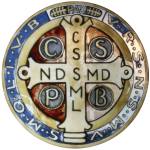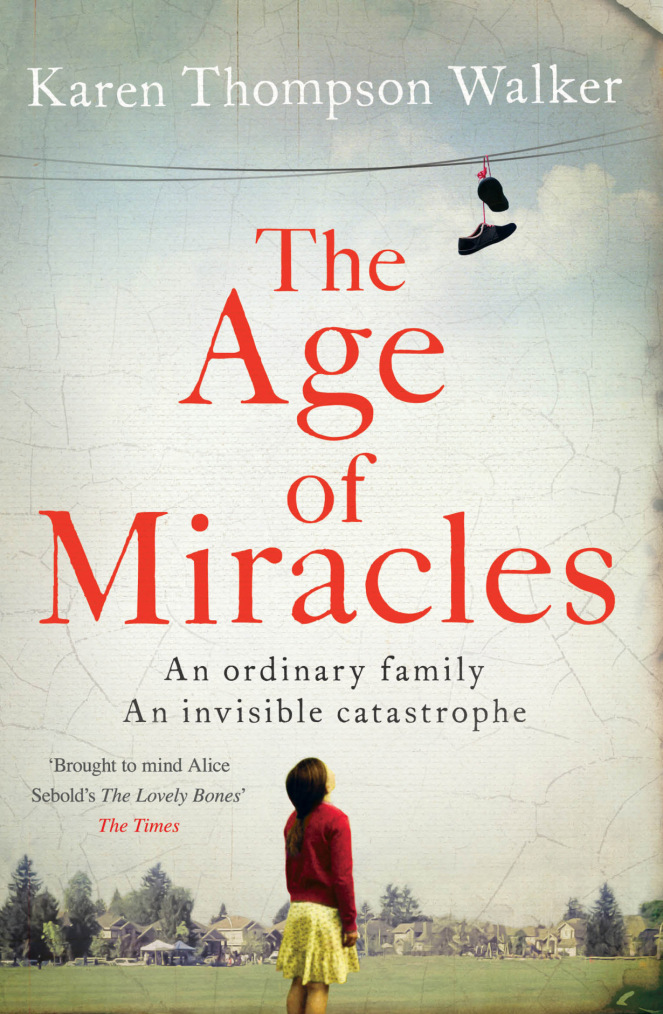
Gina Dalfonzo
It’s late at night and I’m reading in bed—Charles Dickens’s The Uncommercial Traveller, which is so good that I’ve been staving off sleep much longer than I should have. I come to a particular passage—nothing wonderful or magnificent, just a couple of sentences in a silly little story he’s telling about sailing from England to France. But it’s so funny, in that nonchalantly over-the-top Dickens way, that I laugh out loud.
And the thought strikes me, out of nowhere, that I can’t imagine being any happier than I am right this minute.
It’s a rogue thought. Even a rebellious thought. According to many Christians I know, you see, my life as a single person is far from complete. I’m not supposed to be able to imagine perfect happiness in my present state, let alone experience it.
Except I do.
My life is full of moments like these: little moments that give me unspeakable joy and satisfaction. It’s also full of hard moments—days when baby after baby after adorable baby scrolls by in my Facebook feed; nights when I ask God why my prayers for marriage were never answered.
But it doesn’t do, I’ve found, to dwell too long on how much greener the grass looks in that yard over there. When married acquaintances envy me my freedom or my opportunities, I’m tempted to remind them of all they have that I have good reason to envy. We could go on playing that game for hours (my freedom can be accompanied by loneliness, their joy in their family can be tempered by exhaustion, and on and on and on). I have to find ways to circumvent it. And if I try, they’re easier to find than I would have expected.
I didn’t choose the life I now lead. And yet, I still find so many joys in it. One of the biggest surprises has been how many little things bring me true joy—and how often those little joys help make up for the lack of bigger things. I can’t explain that. It doesn’t make sense if I think too hard about it. All I know is, God’s economy is not like ours.
There are, of course, any number of people who think that it should be. I run into them all the time. For example, I know Christians who rail against single people having pets because pets, they say, should not take the place of families. What these single people are supposed to do if all their efforts at having a family have failed, these Christians never say. Sit home alone and lambast themselves endlessly for their failure, I suppose.
It’s troubling, this idea that one should be cut off from joys of all kinds if one hasn’t achieved the joy of having a family. It suggests both a lack of trust in God to have every person’s best interests at heart, and a lack of the imagination to comprehend all the different kinds of joys God offers us.
I think of Dorothy L. Sayers, another favorite writer of mine, who found her joy not in her difficult family life, but in the life of the intellect. When she discovered Dante in middle age, her whole life was transformed. Her letters spill over with the sheer joy of reading him, translating him, thinking about his work night and day.
Sayers’s friend and biographer Barbara Reynolds used the Dantean phrase “the mind in love” to describe the way Sayers responded to the world around her and the God who made that world. It was an apt description. The mind can indeed be in love, just as the heart can, and can bring unspeakable joy.
The problem is, the church’s vocabulary has become impoverished. It doesn’t have the words to describe the stab of joy that comes when reading a perfect passage of Dickens; when jumping to one’s feet at the end of an inspiring play; when luxuriating in a favorite old movie that’s become as comfortable as a warm blanket and bedroom slippers; when Beethoven’s Ninth suddenly starts playing on the radio in the middle of an ordinary morning, like a king arriving on the doorstep as you’re finishing the breakfast dishes. Because it has, by and large, lost the understanding that these things are important.
Yet if they are real, and good, and come from the Father who gives every good and perfect gift, then how could they not be important?
How much easier it would be for God’s people to reach others if we would understand this. If we reached out not just with truth, but with imagination, creativity, delight in the music and art and books that mean so much to the people around us. These things cannot carry the weight of a whole life, but there are moments, now and then, when they make life worth living. They reveal something about God’s character that is more appealing and attractive than we tend to realize.
The fact that He generously gives such things to so many demonstrates that He is near to the lonely, the broken—just as near as He is to the people who seem to have it all together. If we were willing to focus on this part of God, to talk about how He sends joy in all shapes and sizes and gloriously unexpected ways, to all kinds of people—how much better equipped we would be to help those lonely and broken ones.
Glory be to God for little things. The thought comes to my mind and I can’t remember whether some poet wrote it or I made it up. Regardless, it rings true. The small comforts and consolations that might mean nothing to the person next to us, but that pierce us to the heart with joy—thank God for them. In the beautiful and loving mind that conceived and created them and gave them to us, there is nothing little about them at all.
 John 1:1-5
In the beginning was the Word, and the Word was with God, and the Word was God. The same was in the beginning with God. All things were made by him; and without him was not any thing made that was made. In him was life; and the life was the light of men. And the light shineth in darkness; and the darkness comprehended it not.
John 1:1-5
In the beginning was the Word, and the Word was with God, and the Word was God. The same was in the beginning with God. All things were made by him; and without him was not any thing made that was made. In him was life; and the life was the light of men. And the light shineth in darkness; and the darkness comprehended it not.
 Gina Dalfonzo is author of One by One: Welcoming the Singles in Your Church. She is also associate features editor at Christianity Today, and a columnist at Christ and Pop Culture. Her writing has appeared in The Atlantic, Christianity Today, First Things, The Weekly Standard, National Review, and elsewhere.
Gina Dalfonzo is author of One by One: Welcoming the Singles in Your Church. She is also associate features editor at Christianity Today, and a columnist at Christ and Pop Culture. Her writing has appeared in The Atlantic, Christianity Today, First Things, The Weekly Standard, National Review, and elsewhere.






